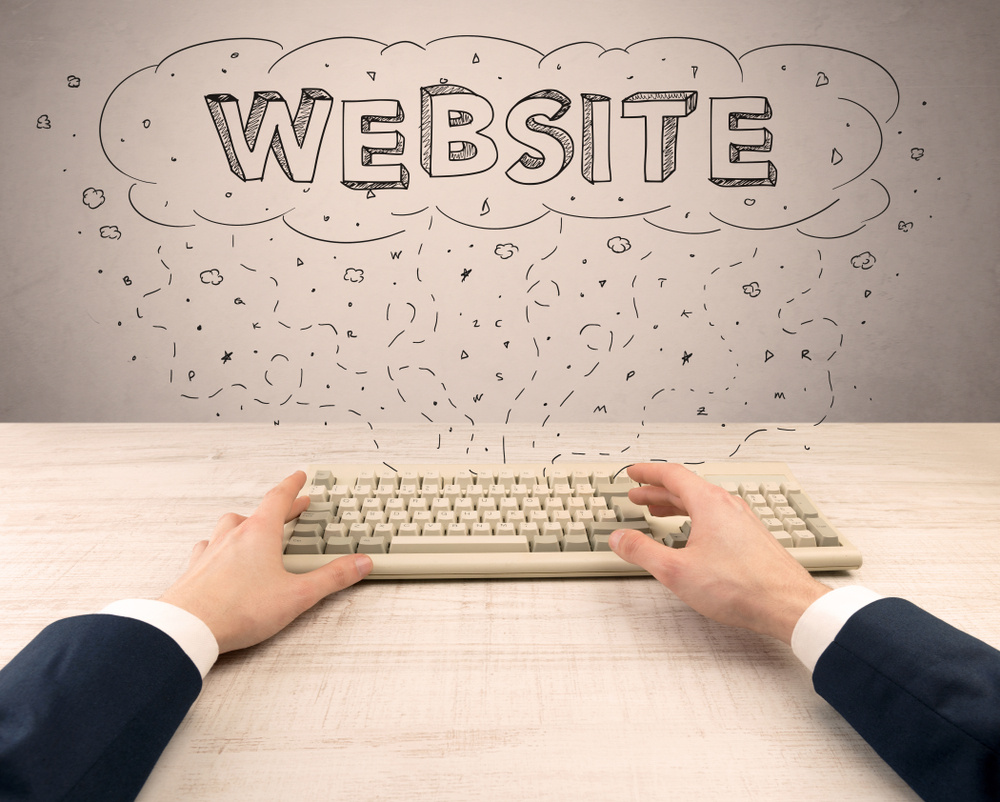The Critical Role of Website Translation in the Pharmaceutical Industry
Medical Pharmaceutical Translations • Aug 20, 2024 8:55:47 PM

In an era where global connectivity is more essential than ever, the pharmaceutical industry stands at the forefront of international collaboration and innovation. As pharmaceutical companies expand their reach across borders, the need for effective communication becomes paramount. One of the most crucial aspects of this communication is website translation. Let's delve into why translating websites is vital for the pharmaceutical industry and how it impacts various facets of the business.
The Global Reach of the Pharmaceutical Industry
Pharmaceutical companies operate on a global scale, with their products and services reaching diverse populations across different regions. This global footprint means that companies must communicate with stakeholders, healthcare professionals, and patients in multiple languages. A company's website often serves as the primary touchpoint for this communication, making accurate and culturally relevant translations indispensable.
Enhancing Accessibility and Compliance
**1. Regulatory Compliance: Different countries have varying regulations regarding pharmaceutical advertising, product information, and patient safety. Translating website content ensures that pharmaceutical companies adhere to local laws and provide clear, compliant information. For instance, a company’s website needs to offer accurate information about drug interactions, side effects, and usage instructions, which must be readily accessible in the local language to meet regulatory requirements.
**2. Patient Education: A significant portion of a pharmaceutical company's website is dedicated to patient education. This content often includes information about disease management, treatment options, and medication instructions. Translating this content ensures that non-English speaking patients receive the same high-quality information as their English-speaking counterparts, which can improve adherence to treatment and overall health outcomes.
Building Trust and Credibility
**1. Cultural Relevance: Effective translation goes beyond mere word-for-word conversion. It involves cultural adaptation to ensure that content resonates with the target audience. In the pharmaceutical industry, this means adapting medical terminology and information to align with local practices, beliefs, and expectations. A culturally sensitive approach helps build trust with healthcare professionals and patients, as it demonstrates respect for their local context and enhances the credibility of the company.
**2. Brand Consistency: Maintaining a consistent brand voice and message across different languages is crucial. High-quality translation services ensure that the brand’s core values and message are preserved, no matter the language. This consistency is essential for building and maintaining a strong global brand reputation.
Improving Stakeholder Engagement
**1. Healthcare Professionals: Pharmaceutical companies often provide resources and information to healthcare professionals through their websites. Translating this content helps facilitate better communication and collaboration with healthcare providers in different regions. This can lead to improved relationships, more effective partnerships, and a better understanding of local market needs.
**2. Global Collaborations: Many pharmaceutical companies engage in international collaborations and research partnerships. Translating website content aids in smoother communication and documentation sharing with global partners, enhancing the efficiency and effectiveness of these collaborations.
Leveraging Technology for Efficient Translation
**1. Machine Translation and AI: Advances in technology have made website translation more efficient. Tools like machine translation and AI can handle large volumes of content quickly. However, it's important to use these tools in conjunction with human translators to ensure accuracy and cultural relevance, especially for complex medical content.
**2. Localization Platforms: Specialized localization platforms streamline the translation process, enabling pharmaceutical companies to manage and update multilingual content more effectively. These platforms often include features like translation memory, which can improve consistency and reduce costs over time.
Conclusion
In the pharmaceutical industry, translating websites is more than just a matter of language; it’s a strategic necessity that impacts compliance, patient education, brand reputation, and stakeholder engagement. As pharmaceutical companies continue to expand their global presence, investing in high-quality translation services will be crucial for ensuring clear communication, building trust, and fostering successful international operations.
By embracing the challenges and opportunities of website translation, pharmaceutical companies can enhance their global reach and make a meaningful impact on health outcomes worldwide.
